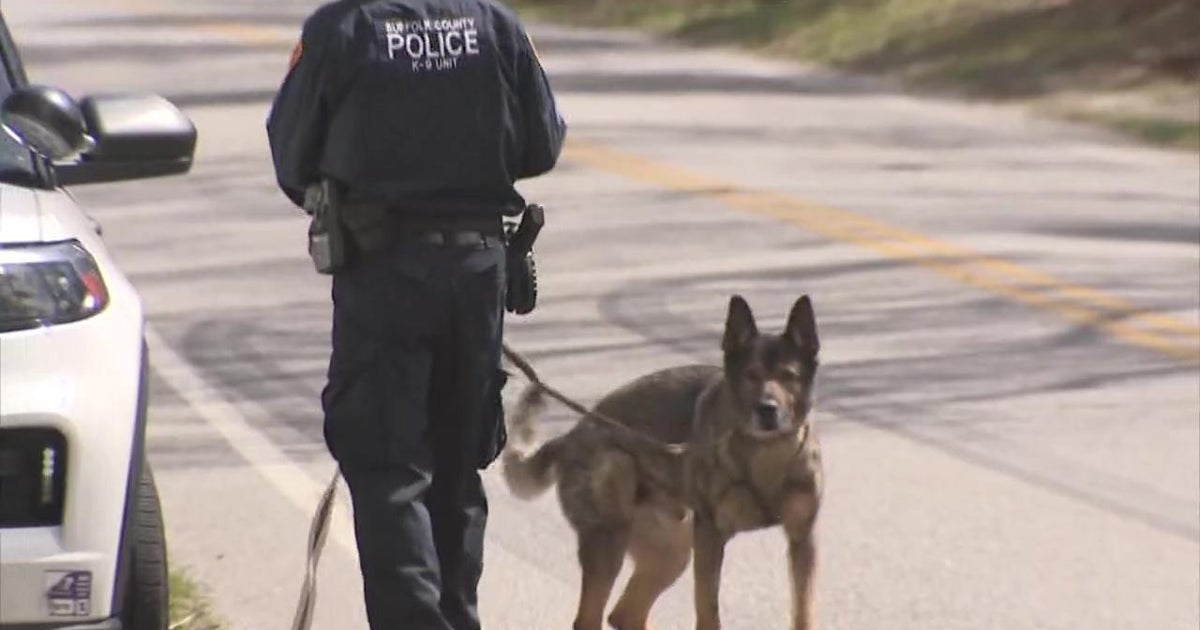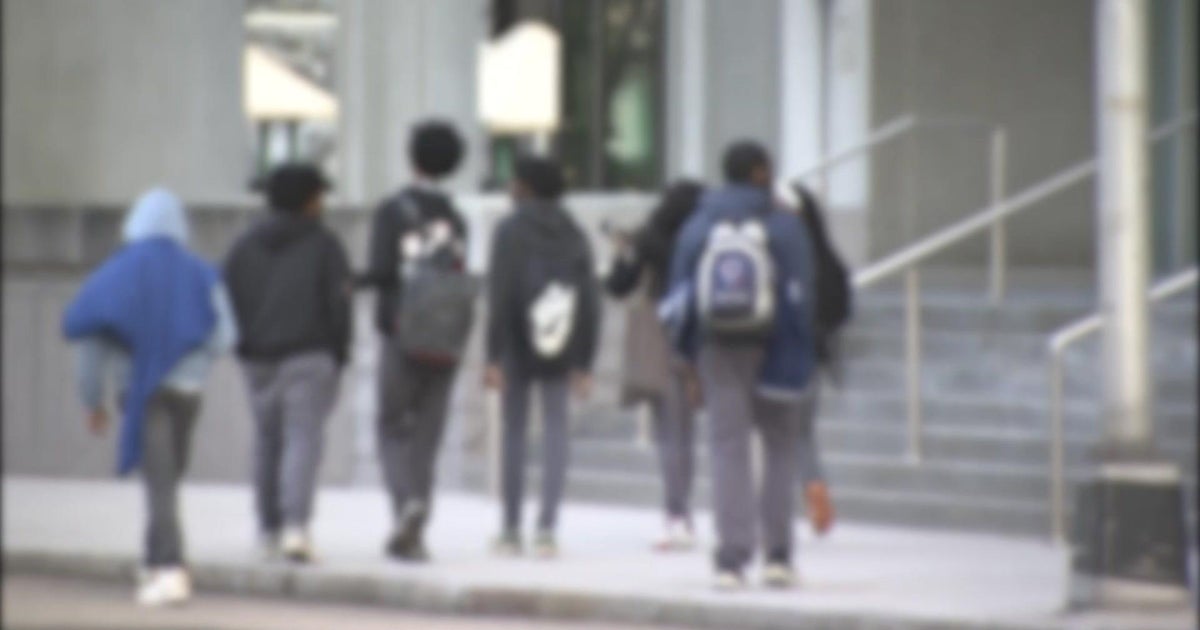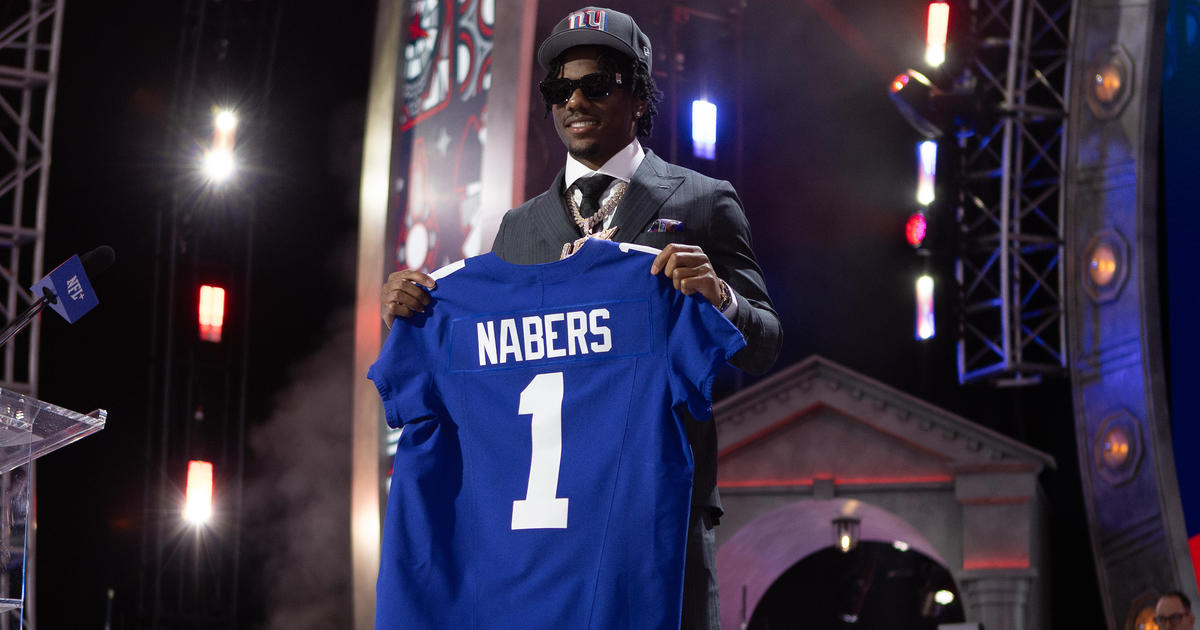Study: Giving Birth Increases Risk For Breast Cancer For Longer Than Previously Thought
NEW YORK (CBSNewYork) -- Researchers have found a surprising new link between breast cancer and childbirth.
A new study found that giving birth actually increases a woman's risk of getting breast cancer in later years. The findings are complicated, since childbirth has been known for years to be protective against breast cancer, but not right away.
As it turns out, breast cancer risk first goes up after child birth, before it eventually goes down. The timing of it all is important to determine when women should be screened.
Women who have babies may face a greater risk of breast cancer compared to women who don't have children. Researchers from the University of North Carolina found the increased risk lasts for decades from the time of the woman's last child.
"It's highest five years after the child is born, and it continues for 24 years and then it starts to fall," Dr. David Agus said.
It continues to fall until 34 years after childbirth. The risk of breast cancer is actually 23 percent lower for women who've given birth. That's important, because most breast cancers happen in women over age 60, meaning childbirth is still protective against breast cancer overall.
"If you look cumulatively, it decreases the risk because breast cancer is relatively rare in young women," Agus said.
The study also found the increased risk of breast cancer after childbirth was higher for women who were older when they had their first child. It was also higher for women who had a family history of the disease and for women who had a higher number of births.
"This does change our screening criteria, and now we're going to ask when was your last child to determine if you should be screened or not," Agus said.
Researchers say breastfeeding did not impact the results either way, and it's not clear why the risk for breast cancer stays so high for so long, 24 years, after childbirth. Experts think the estrogen surge during pregnancy is a leading suspect.
The real value of the study is in helping develop better breast cancer risk-prediction models to help decision making about screening.



